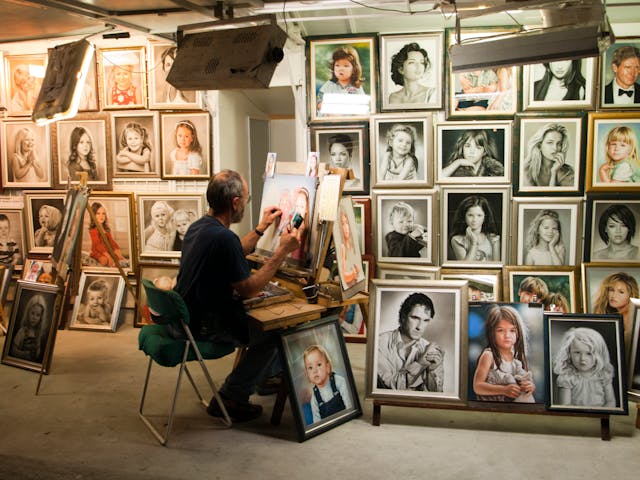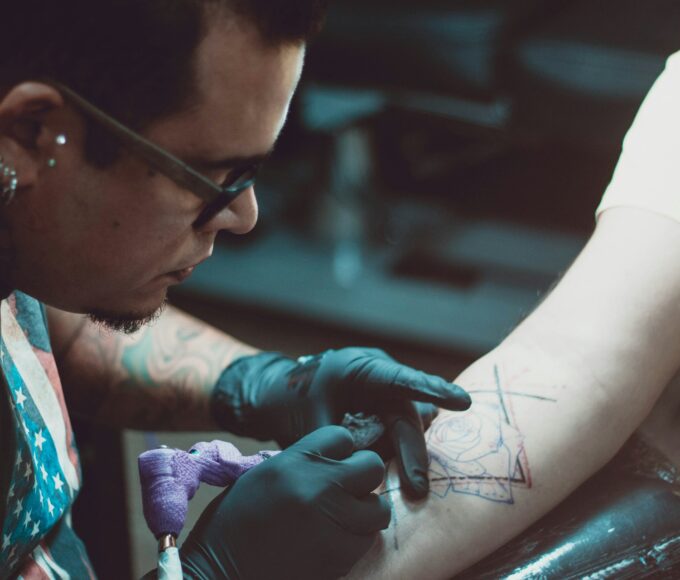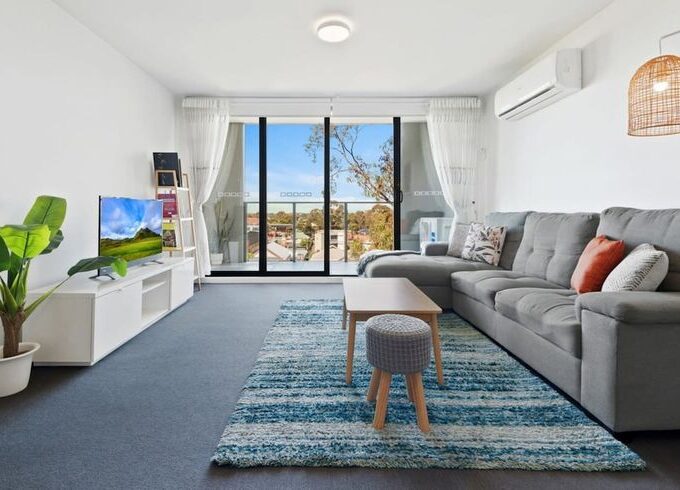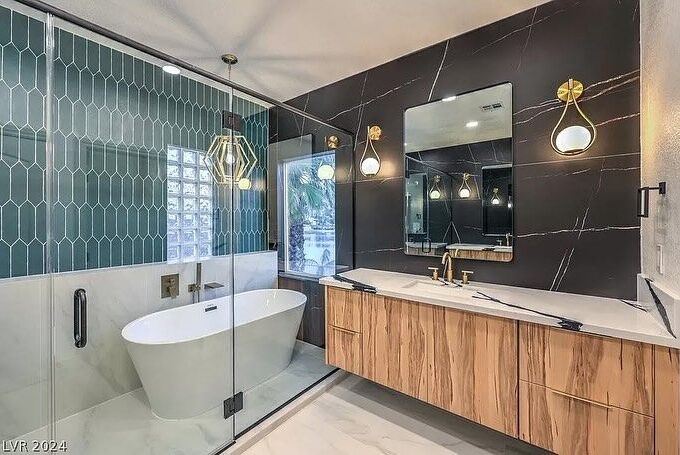Finding the perfect art studio can be an exciting yet daunting task, especially if you’re preparing for an important project or exhibition. Whether you’re an emerging artist or an experienced professional, the right studio environment can significantly influence your creative output – however, choosing the wrong space can lead to unnecessary stress, wasted time, and higher costs. To ensure you make the best decision, let’s explore some of the most common mistakes to avoid when hiring an art studio.
Not Considering Space Requirements
One of the biggest mistakes artists make is underestimating their space requirements. While a smaller studio might seem cost-effective, it can quickly become a hindrance if your work requires large canvases, materials, or tools. Conversely, renting a studio that’s too big for your needs might lead to unnecessary expenses. Before committing to a studio for hire, consider the size and scope of your work. Will you be working alone or with a team? Do you need ample room for storage, or will most of your materials be sourced externally? Knowing your space needs will help you avoid the headache of working in a cramped or inefficient environment.
Overlooking Lighting Conditions
Lighting is an essential factor in any creative space. Poor lighting can affect how you perceive colours, textures, and details in your work, which could compromise your final output. Natural light is often the preferred choice for artists as it provides a true representation of colour, but artificial lighting can also be adjusted to suit your needs.Before renting, visit the studio during the hours you plan to work and assess the lighting situation. A studio that seems perfect in the morning may not offer the same clarity in the afternoon. Ensuring proper lighting will help you avoid mistakes in your work due to poor visibility.

Ignoring Noise Levels
Depending on your art form, noise levels can either be a dealbreaker or a non-issue. Some artists thrive in bustling, energetic environments, while others need silence to concentrate. When looking at a studio for hire in Melbourne, for example, consider the surrounding area. Is it located near a busy road or construction site? Will noise from neighbouring tenants or businesses disturb your workflow? It’s also important to consider your own noise levels if your work involves loud tools or music, and whether that could affect others in the space.
Forgetting About Access and Security
An often-overlooked aspect of renting a studio is access and security. Consider how easy it will be to transport your materials and equipment to and from the space. Does the studio offer 24-hour access, or are there specific times you can enter? What about parking or proximity to public transport? Additionally, the safety of your artwork and tools is paramount. Make sure the studio has appropriate security measures, such as cameras or secure locks, to protect your work and belongings when you’re not around.
Underestimating Costs Beyond Rent
While the rent price might be your primary concern, it’s important to look at the bigger picture. Additional costs like utilities, maintenance fees, or shared facility charges can quickly add up. Before signing a lease, clarify what’s included in the rent and what additional charges you may incur. Some studios might charge for heating, electricity, or even Wi-Fi, so factor these into your budget to avoid any financial surprises down the line.

Not Reading the Fine Print
Leasing agreements can sometimes include hidden clauses that may restrict your use of the space or lead to unexpected fees. For example, there may be rules regarding renovations, subletting, or the use of specific materials within the studio. Failing to read the fine print can result in conflicts with the landlord or additional costs if you violate terms you weren’t aware of. Always review your lease agreement thoroughly, and don’t hesitate to ask questions if something isn’t clear.
Failing to Consider Future Needs
While it’s easy to focus on your immediate requirements, it’s essential to consider how your needs might change in the future. Are you planning to expand your practice or collaborate with other artists? Will your projects require additional storage space down the line? Being forward-thinking can save you the hassle of relocating sooner than anticipated. Try to choose a studio that offers flexibility or room for growth so you won’t feel constrained as your practice evolves.
Choosing the right art studio can be a game-changer for your creative process, but it’s important to avoid these common pitfalls
By carefully considering your space needs, lighting, noise levels, security, and future growth, you can ensure that the studio you hire is a space that enhances, rather than hinders, your artistic work. Avoiding these common mistakes will help you make the most of your studio and create art in a space that truly supports your vision.
















